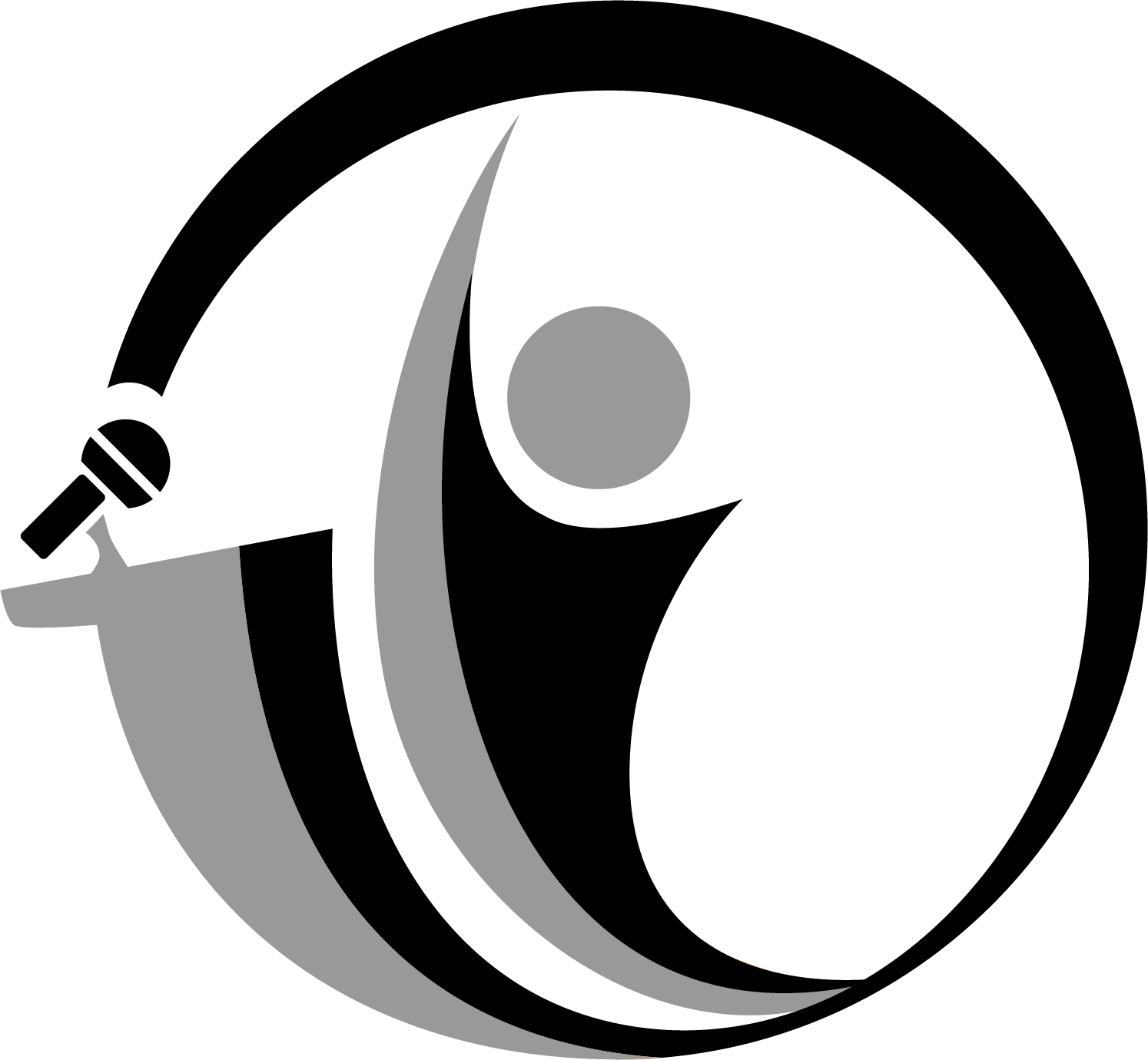5 Tips for Decoding Ballot Feedback
To a motivated debater or speaker, ballots are pure gold. They give you insight into your judge’s thought process and feedback essential to improving your skills. Yet too often, students don’t harness the power of ballot feedback, either because they overlook its importance, or just don’t understand how to decode what the judge is saying.
Decode judge feedback by knowing your judge pool, taking note of ballot trends, reading ballots empathetically, not blindly implementing suggestions, and understanding the proper importance of speaker points.
Tip 1: Know your judge pool
Understanding ballot feedback starts even before you get your ballot. First, understand what kinds of people will be judging you. Maybe they are conservative parents, alumni fresh out of the league, or community judges new to the experience? What are some basic assumptions you can make about each of these categories? What will be most persuasive to them? A helpful way to understand how judging perspectives change based on their experiences is to take note of how your judges describe themselves when asked for a judging philosophy, then later compare the details with their ballot and how they seemed to view the debate.
Tip 2: Take note of overall trends
When you look at your ballot, make note of overall trends about the ballot (i.e. How much did the judge write in the reason for decision space? Did they give detailed notes on an argument-by-argument basis, or is it more general persuasiveness feedback?). Every trend can tell you something important, even if the judge wrote nothing at all. For example, maybe your judge looked confused during the debate, and left no reason for the decision. In this case, your judge may not have known why they voted. They might have been really confused by the arguments presented. In this case, consider simplifying your arguments, and clarifying for your judges how they should decide the round.
Tip 3: Read ballots empathetically
Don’t simply excuse losses by saying, “The judge’s decision was wrong.” You can learn so much more from ballots! 99% of the time the judge rationally decided the round. Try to understand their logic as to why they came to that decision. Ask questions like, “What was the judge potentially thinking that would result in this ballot? Why? Does it match up with other trends in the ballots?” Bringing a parent or coach along to help you see feedback from the judge’s point of view can also be helpful.
Tip 4: Don’t blindly implement your judge’s suggestions
Judge feedback is ALWAYS helpful. But few judges are really good debate coaches, so don’t just blindly implement everything they may tell you to. For example: Your ballot reads, “You need to read more evidence.” If you’re already short on time, reading more evidence might not be the best decision. Instead, interpret this as: “You needed to improve your credibility.” You can improve this without just rattling off more evidence.
Tip 5: Speaker points are not the end-all-be-all
Students can be extremely effective debaters and never get the highest speaker points. You want to get relatively high points and communicate clearly and persuasively, but don’t second guess your skill if you don’t consistently win “Best Speaker” awards at tournaments. Instead, take note of how your speaker points show your strengths and weaknesses. Try breaking down your points by category, rather than simply glancing at your total points. For a given round or tournament, tally your points from ballots by category (persuasiveness, cross examination, evidence, delivery, etc.). Compare those numbers with the total possible points given for that particular category. Then, you will be able to see more clearly what your stylistic strengths and weaknesses are.
Don’t overlook what judges might be telling you through ballot feedback. By learning to decode judge feedback properly and implementing these five tips, I hope you will be able to better connect with your future judges and improve your debate skills.
You can do this. Best of luck!

